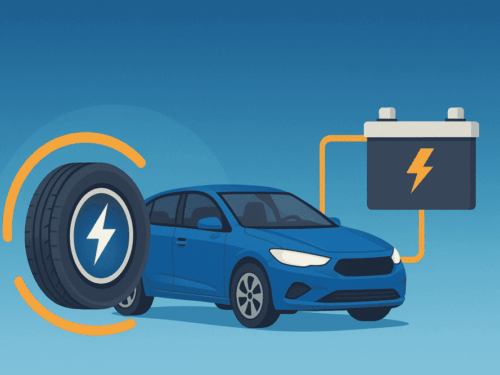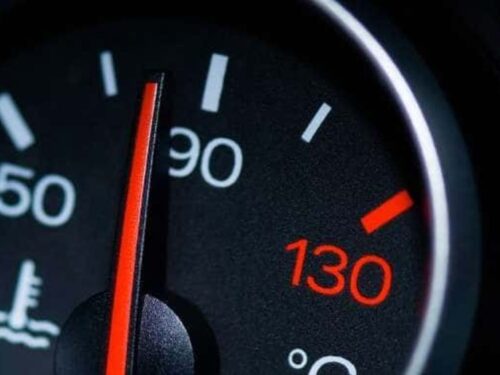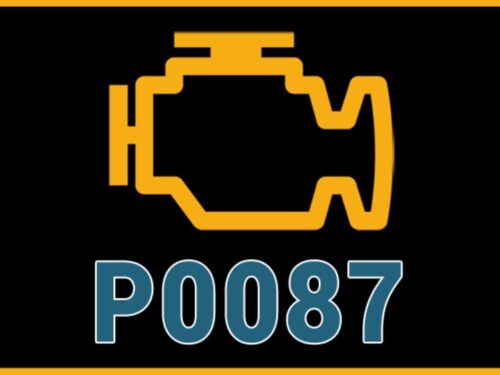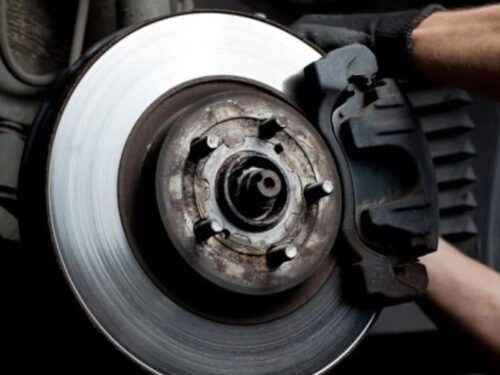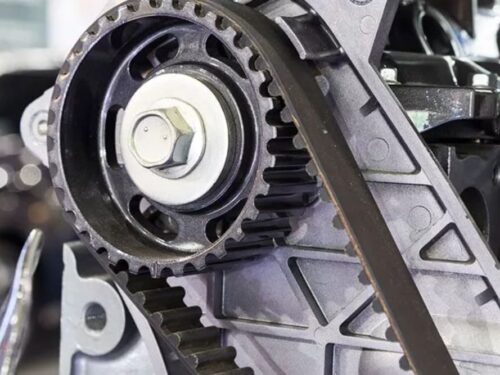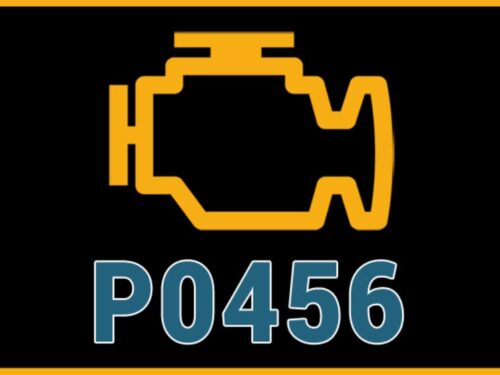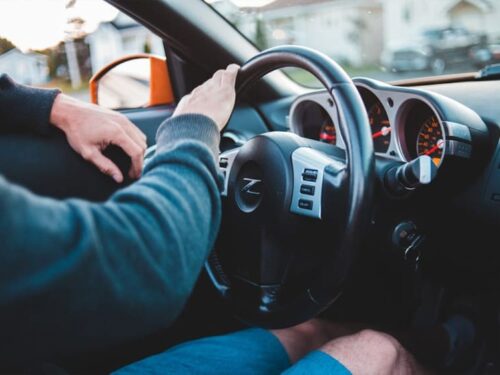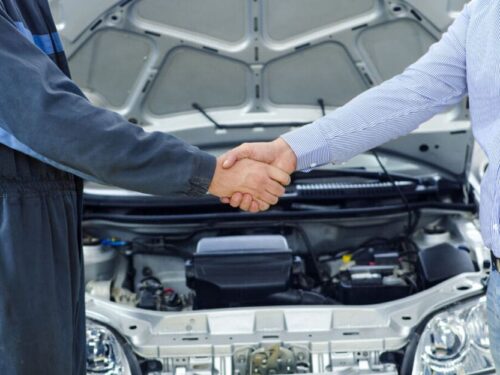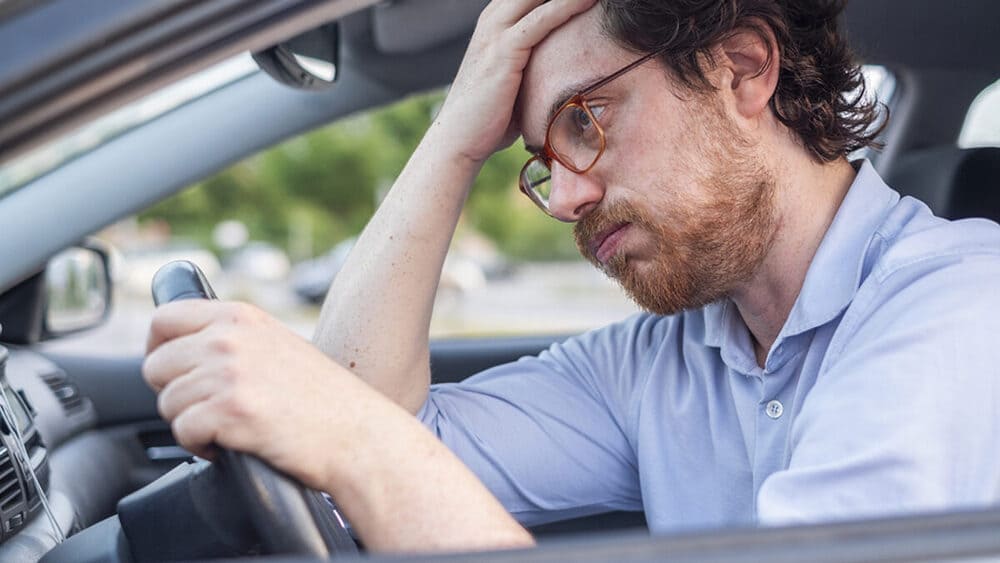
If you ever notice that your car/vehicle jerks while you are accelerating, this is a problem that you shouldn’t just ignore. A jerking vehicle is often a sign that your vehicle will develop some other problems if you don’t address this right away.
This feeling can be off-putting and difficult to handle while driving. To avoid a situation such as this, it’s important to get to the bottom of what’s going on.
This is where the most common reasons come into play.
1. Dirty Fuel Injectors
When fuel courses through the lines, it can leave the injectors dirty. This can begin to compromise how the injector functions, which has a noteworthy impact on acceleration. It can start to reduce the flow of the fuel, which leads to the jerking experience.
Check out this other blog post for a vehicle fuel pump replacement we replaced for a customer due to the fact it had completely rotted out.
2. Dirty Air Filters
Air filters can become clogged and/or dirty after constant use. This is when the car begins to stutter and doesn’t function the way it is supposed to.
The best course of action in a situation like this is to replace the air filters.
3. Blocked Catalytic Converters
Catalytic converters can begin to break down through regular use. This includes blockages that have to be corrected by a qualified auto repair technician.
It’s possible to repair the catalytic converter and/or replace it depending on the situation. Once it is unclogged, the acceleration will become smoother.
4. Worn Out Spark Plugs
Spark plugs can start to wear down and these will have to be replaced to ensure there are no shortages in power throughout the vehicle. This can lead to the jerking experience when accelerating.
5. Damaged Gas Lines
In some cases, gas lines can become damaged. This impedes the fuel’s flow through the vehicle, which compromises how the vehicle functions.
These gas lines have to be fully repaired for them to work as intended.
6. Damaged Acceleration Cables
There are specialized acceleration cables that help a vehicle accelerate.
When they become damaged, it becomes difficult for the car to push as much as it can. This results in the jerking concern that happens when you accelerate.
7. Defective Carburetors
Carburetors are responsible for supplying air and fuel to the engine. If this tends to stop working, the engine won’t function as intended and that reduces acceleration.
This will have to be opened and repaired or in some cases replaced.
8. Damaged Cylinders
The last reason can be the cylinders becoming damaged.
When they are damaged, the cylinders stop functioning as intended and that causes the car to jerk. The best option is to repair the cylinders or repair them.
Courtesy of absolutecarcare

